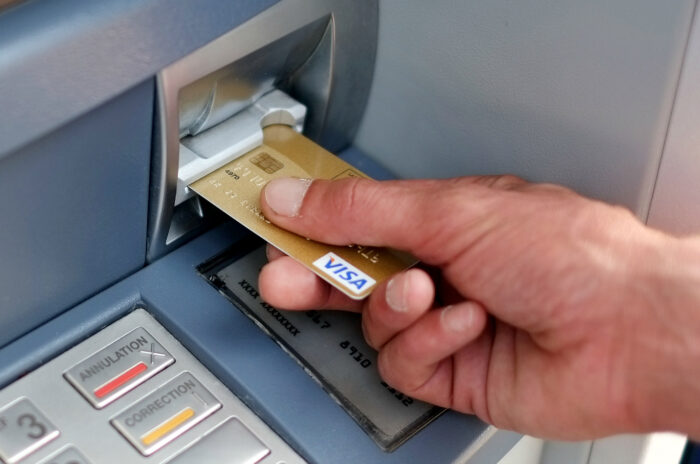The National Information Technology Development Agency (NITDA) has advised Nigerians to be wary of scanning QR codes from unfamiliar sources, as they could be used for identity theft and illicit transactions by scammers.
It disclosed this information on Saturday via its official handle on X, a social media platform. A QR code is a type of barcode that stores information and can be read by a digital device. It also grants quick access to information and actions.
According to NITDA, these codes can be exploited by malicious actors to deceive and lure unsuspecting users into scanning them and to perpetrate fraudulent activities.
READ ALSO: What to Know About Cybercrime Act, Nigerian Govt’s Most Potent Tool of Journalistic Harassment
NITDA wrote:
“QR codes can be exploited by malicious actors to deceive unsuspecting users and perpetrate fraudulent activities. Scammers utilize QR codes in various ways to achieve their nefarious goals, including:
- Phishing scams: Phishing scammers can generate QR codes that point to malicious applications or phishing websites. Users scan these codes thinking they are genuine and end up having their information stolen.
- Payment fraud: Scammers can create QR codes that start illicit transactions or reroute payments to their accounts, rather than to the intended recipients.
- Data theft: Threat actors may embed malicious payloads like malware or data-stealing scripts within QR codes. By exploiting security vulnerabilities in users’ devices, they can steal private documents, financial information, and passwords among other sensitive data.
- Identity theft: Users personal information, including names, addresses and contact details can be collected using QR codes inserted in fake advertisements or online surveys. The information can then be exploited for identity theft or other targeted frauds.“
It also listed some measures that can be used to prevent falling victim to QR code scams.
According to NITDA, some of these measures are: verifying the legitimacy of QR codes and associated links before scanning them, updating devices with the latest antivirus software and security patches regularly and using reputable QR code scanning mobile applications with built-in security features.
Subscribe
Be the first to receive special investigative reports and features in your inbox.















